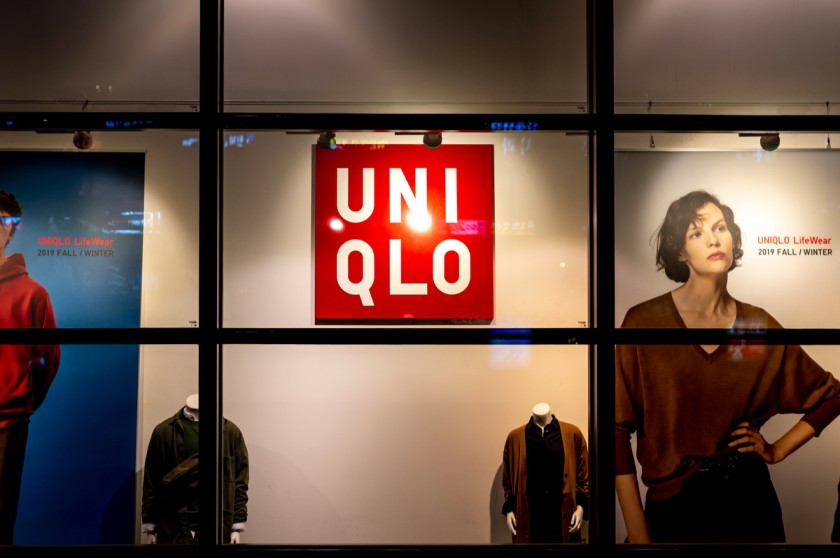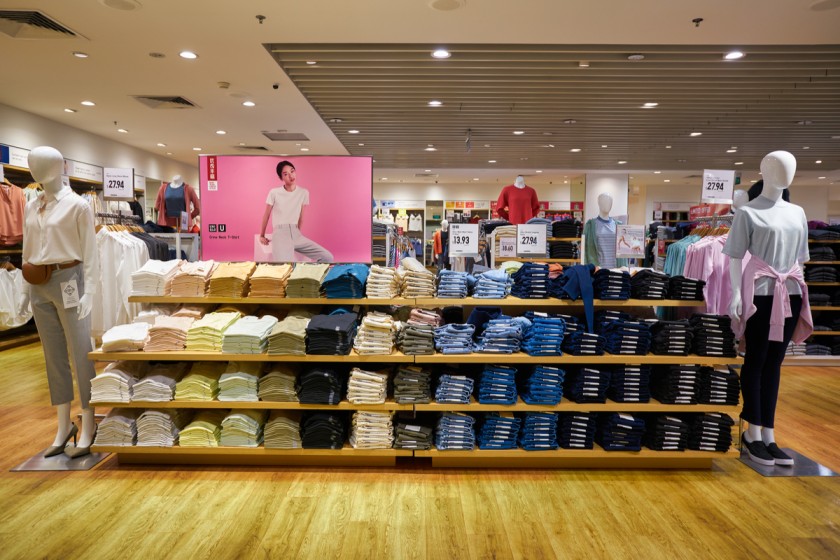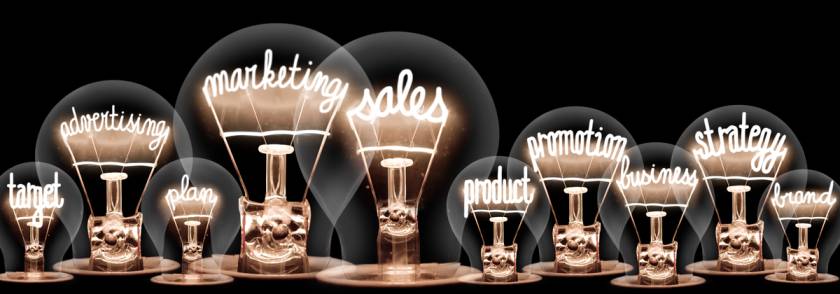Deciphering Uniqlo’s India Code



Famous Japanese casual wear brand Uniqlo opened its doors in the Indian market with its first-ever retail window in New Delhi's Ambience Mall (Vasant Kunj). Although it is a noted fashion brand, it follows an unconventional way into the wardrobe of its customers.
Uniqlo India relies on wardrobe must-haves and avant-garde fabrications instead of what's trending in the market or fashion industry. It is their strategy to win over buyers. The brand looks forward to designing clothing to suit every person's daily wear needs.
The birth of Uniqlo
Although the birth of the brand dates back to 1949, it came to be known as Uniqlo for the modern world in the 1980s. After launching a store in Hiroshima, Japan, known as Unique Clothing Warehouse by Fast Retailing, the brand changed its name to Uniqlo.
You might be surprised to learn that the rebranded name 'Uniqlo' was actually a clerical error. However, the founder of Fast Retailing and the current chief executive, chairman, and president, Tadashi Yanai, adopted the clerical blunder considering it a good mistake. Since the error, Unique Clothing Warehouse became Uniqlo.
By the mid-90s (the lost decade of Japan), most buyers started looking for value for money instead of luxury fashion. During that period, Uniqlo became integral to almost every household due to its upbeat and pocket-friendly price tags.
The further expansion of the brand across the markets of Europe, Asia, and North America upgraded Uniqlo into the bandwagon of global fashion players like Zara and H&M. However, Uniqlo's approach to fashion has always been different from its contenders. The brand always adhered to the concept of timelessness instead of following the new style with short-lived but quick production cycles. Uniqlo prefers making life wear for all.
The brand aims to become a bestseller

With more than 2,300 globally-located stores and a grip over China's market, Uniqlo is now set to outperform and become a bestselling retail brand in India.
Uniqlo India first came into being in October 2019 in New Delhi, about one month after the international investors sold around $4.5 billion of Indian stakes to the International Monetary Fund (IMF). This step degraded the estimated growth of India in 2020 to 7% from 7.2%. However, Uniqlo India made around 2.2 crores in the first two days of its launch. No wonder it opened another store in Delhi NCR within a month.
The spokesperson of Uniqlo says that the current economic and post-pandemic scenarios will not demotivate them. The Indian market has the potential of becoming their future forefront. However, they will have to make every move with clarity while adapting to the needs of the consumers.
As Uniqlo is a Japanese brand, it exudes perfection. So, when the brand was sure and convinced that it was ready for the Indian market, it opened stores in the country. Uniqlo India's head of Marketing said that the brand based its market readiness on the following factors:
- Are the micro and macro conditions favorable?
- Is the brand ready for the customers and vice-versa?
When all the components were met, the brand understood, it was time. And it started with the capital of India strategically. Firstly, because of the cosmopolitan character of New Delhi, and secondly, the extreme summers and winters.
The moment someone says Delhi, diversity is the first thing that comes to mind. This place is home to people from different states and cities with different cultural backgrounds and preferences. And the extreme weather conditions help people understand and differentiate between the quality of products when they wear them.
The mall culture and clothing consumption
The popularity of mall culture, world-famous fashion brands like H&M and Zara, launching stores therein, hike in the per-capita disposable income of India, and brand-conscious buyers, paved the way for increased clothing consumption in India.
The chief executive of Fast Retailing, the parent company of Uniqlo, Tadashi Yanai, said that the brand is ready to invest unlimitedly to drive the customer base in India, the brand is ready to invest unlimitedly. Uniqlo India has set a production unit in Bangalore in 2016 (3-years before launching its first store in New Delhi).
Apart from the regulatory mandates, Uniqlo teamed up with Rina Singh, an Indian fashion designer, to develop a range of kurtas targeted to Indian and Southeast Asian stores. As per a 2018 report (India Business Fashion), in spite of the growing affinity of Indians towards Western outfits, traditional garments made around 70% of the sales of women's clothing in 2017. The figure is expected to be at 65% through 2023.
According to an esteemed retail and luxury consultant, Vikram Raizada, Uniqlo is known for its well stitched and reasonably-priced pieces and premium-quality denim. And the brand will click with Indians for sure. Raizada also opined that the quality Uniqlo is delivering in the Indian market is higher than its rivals. And something the buyers would find worth shelling out more for.
Tapping outside the capital

Uniqlo India will eventually look outside the boundaries of the capital of India. As per a report by the Boston Consulting Group (BCG), the 2nd and 3rd-tier towns of India will make around 45% of the apparent consumption in India by the year 2025.
However, owing to various reasons, such as lack of proper physical space and dimensions of the Indian market, Uniqlo India should be ready to embrace the online platform, says Vikram Raizada. In India, the online retail industry is expected to boost to $85 billion by the year 2021. And, looking at the brand's online speed in the US (which was considerably slow), it is time to buck up.
Uniqlo India's head of marketing, Shantanu, said that their focus is to build the brand first and make the currently running stores a success. He also mentioned that the online marketplace is on their priority list, and they will work on it as soon as they are ready.
The clothing and footwear industry is the second-largest growing sector in the retail market. Therefore, the brand should work hard to meet their customer demands to convert them into brand followers and loyalists. Because Uniqlo India is set to expand, community-building and customer experiences will help them acquire a loyal consumer base.
To become successful in the country, Uniqlo India will have to build customer loyalty. The brand can do the same by targeting customer lifetime value, repeat buys, and in-store experiences.
A unique feature offered at Uniqlo India's store is customization for customers. It is called the UT (UNIQLO t-shirt) line or UTme. Here the fabrics turn into canvases of creativity for the customers. Yes, the customers can make T-shirts for themselves using their designs or UNIQLO stamps available in a wide range of designs. The designs also feature Roger Federer, the global ambassador of Uniqlo.
Plus, they also started Uniqlo in My Hub. It was a community project with 15 local professionals. Uniqlo’s international Good Neighborhood Guide initiative was another campaign that exhibited the work of local artisans and designers.
These are some glimpses into how Uniqlo is planning to unpack its potential to Indian customers. If you need any help with sourcing clothes for your product line, get in touch with Fashinza.



















